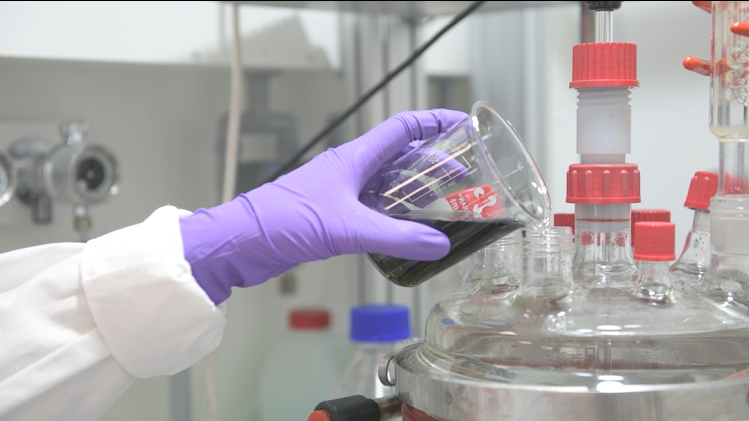Press release — 07 Jun 2023
The project's key work and innovation have been summarised in a set of five informative packs on various technical aspects – from the electrolyte tailorisation to the fluorine-free ionic liquid plasticizers. They also provide insights on the sustainability of the produced cell and the outlook for the solid-state batteries market.
7 June 2023 – The ASTRABAT project is heading toward the end of its four years-long path toward the development of new efficient Lithium batteries for electric vehicles. Despite being directly impacted by the Covid-19 pandemic and the war in Ukraine, the ASTRABAT consortium has reached important achievements towards the development of a new Li-ion cell architecture with an all-solid-state electrolyte design suitable for the use of new high-energy electrode materials and mass production. These have now been summarized into a set of five info packs that are available on the ASTRABAT website.
“Today, we are glad to share with you the outcomes of our project. Within these five info packs, you will find out different aspects explored within the projectin order to improve the competitivity of Solid-State cells with standard lithium-ion cells. Embark with us on an exciting scientific journey, from the design of new and safer materials, to the ASTRABAT cells manufacturability and sustainability”.– Sophie Mailley, ASTRABAT Project Coordinator.
- An all-solid-state lithium-ion battery with electrolytes tailored for cathode and anode: The aim is for future lithium-based batteries to contain solid electrolytes (SEs) rather than highly flammable, toxic and potentially leaking liquid ones. The ASTRABAT approach pursues this goal by combining two different solid electrolytes, which are optimised for the application on the anode and on the cathode side of a battery, respectively. Download the info pack.
- Tailor-Made High Voltage Stable Hybrid Fluoropolymer Electrolyte Materials: The widespread use of Ni-rich active cathode materials for next-generation lithium-ion batteries is strongly connected to the development of high-voltage stable electrolyte materials, as a way to avoid fast aging of the battery. Fluoropolymers are well known for their high voltage stability but need to be engineered smartly to meet the requirements of battery applications. Download the info pack.
- Fluorine-free ionic liquid plasticizers for all-solid-state Li-ion batteries: The most critical new component here is hybrid solid electrolyte, which has to contain plasticizer – an ionic liquid. Within the project, the new set of ionic liquids were synthesised which improve electrolytes far above the state-of-the-art and are fluorine-free. Download the info pack.
- How to ensure ASTRABAT cell sustainability? Eco-design and LCA studies have been carried out to address the need to enhance the Lithium-Ion batteries’ sustainability by reducing its carbon footprint and other environmental impacts. The studies also address critical raw material use. Download the info pack.
- Status of the ASTRABAT cell and prospects of the solid-state batteries market: The info pack provides a status update on the manufacturability of the ASTRABAT cell which has emerged as the first pouch cell prototype in 2022. The ASTRABAT cell, designed with high-energy electrode materials and developed within a European network of experts and engineers, is reviewed in relation to the current state-of-the-art Li-ion cells. Download the info pack.



